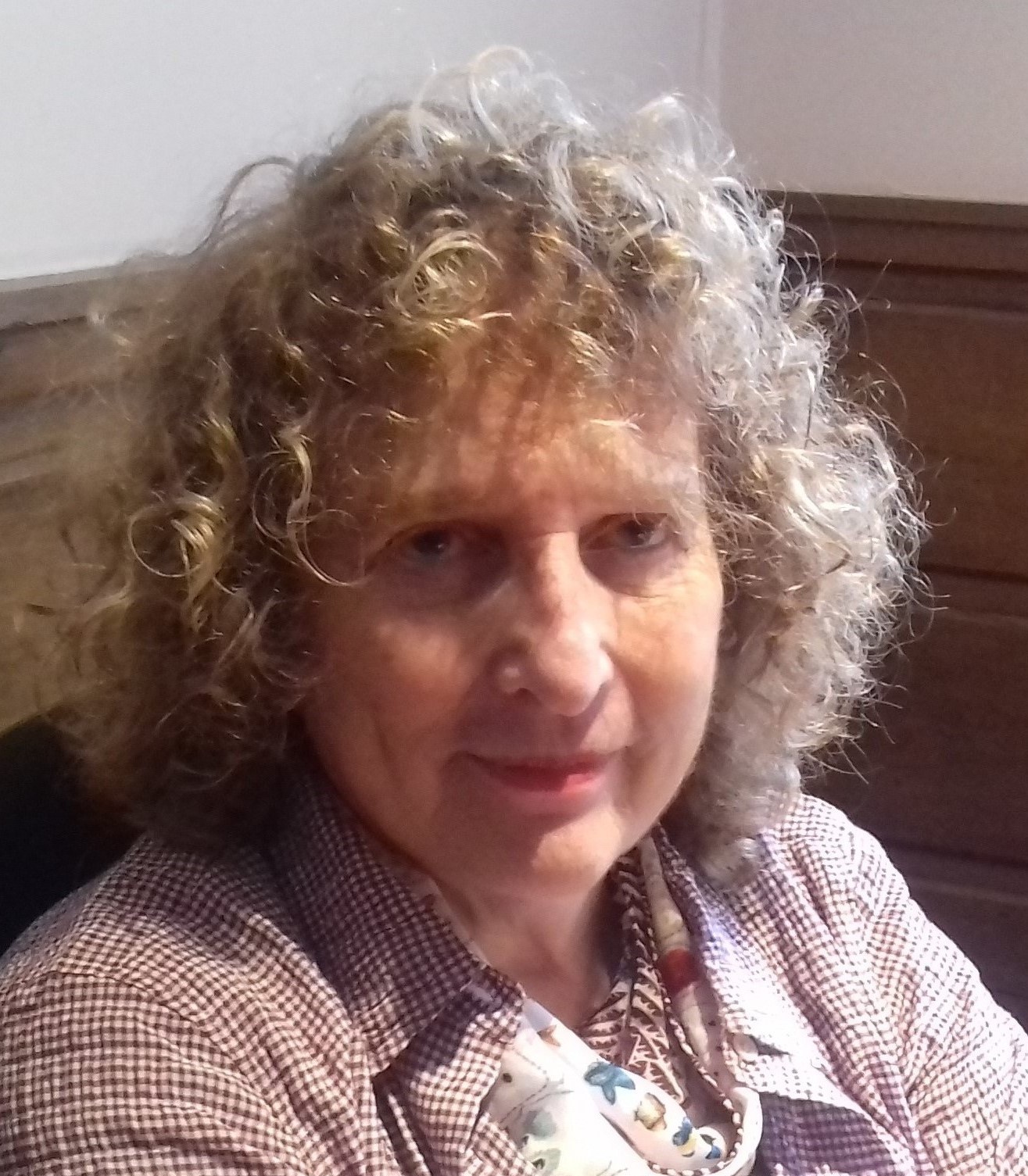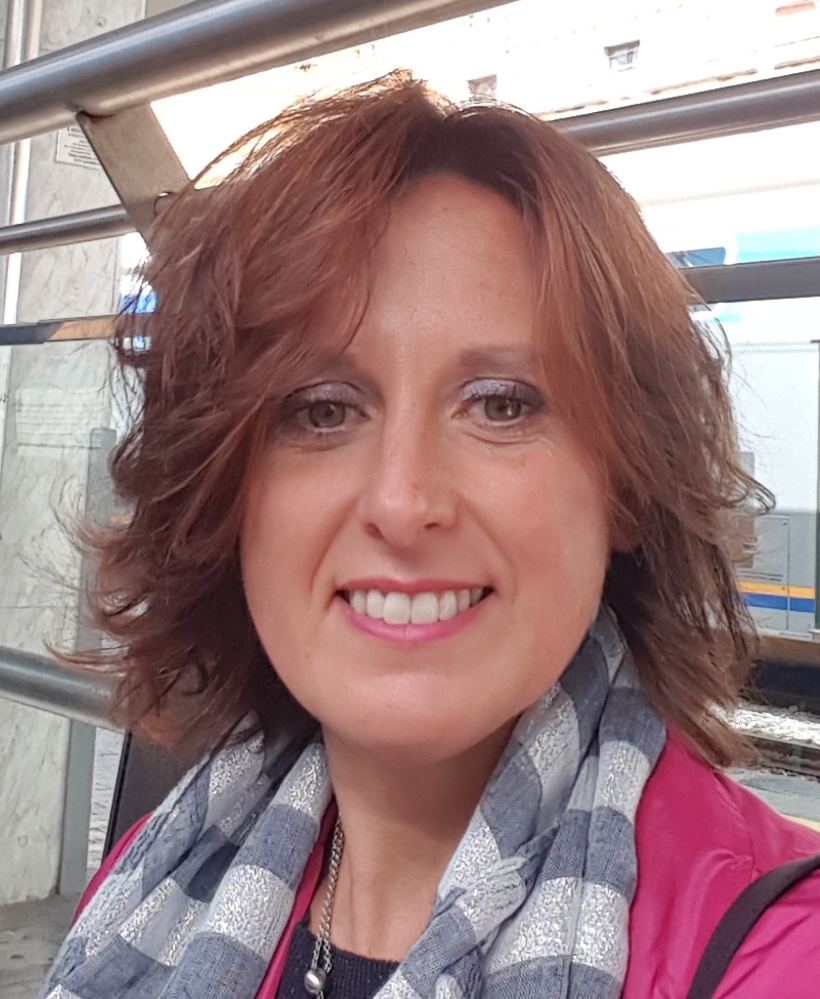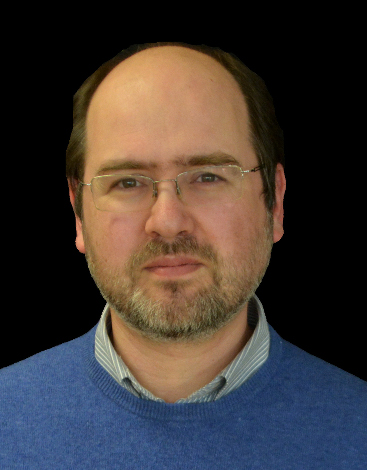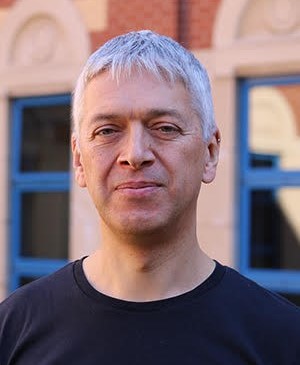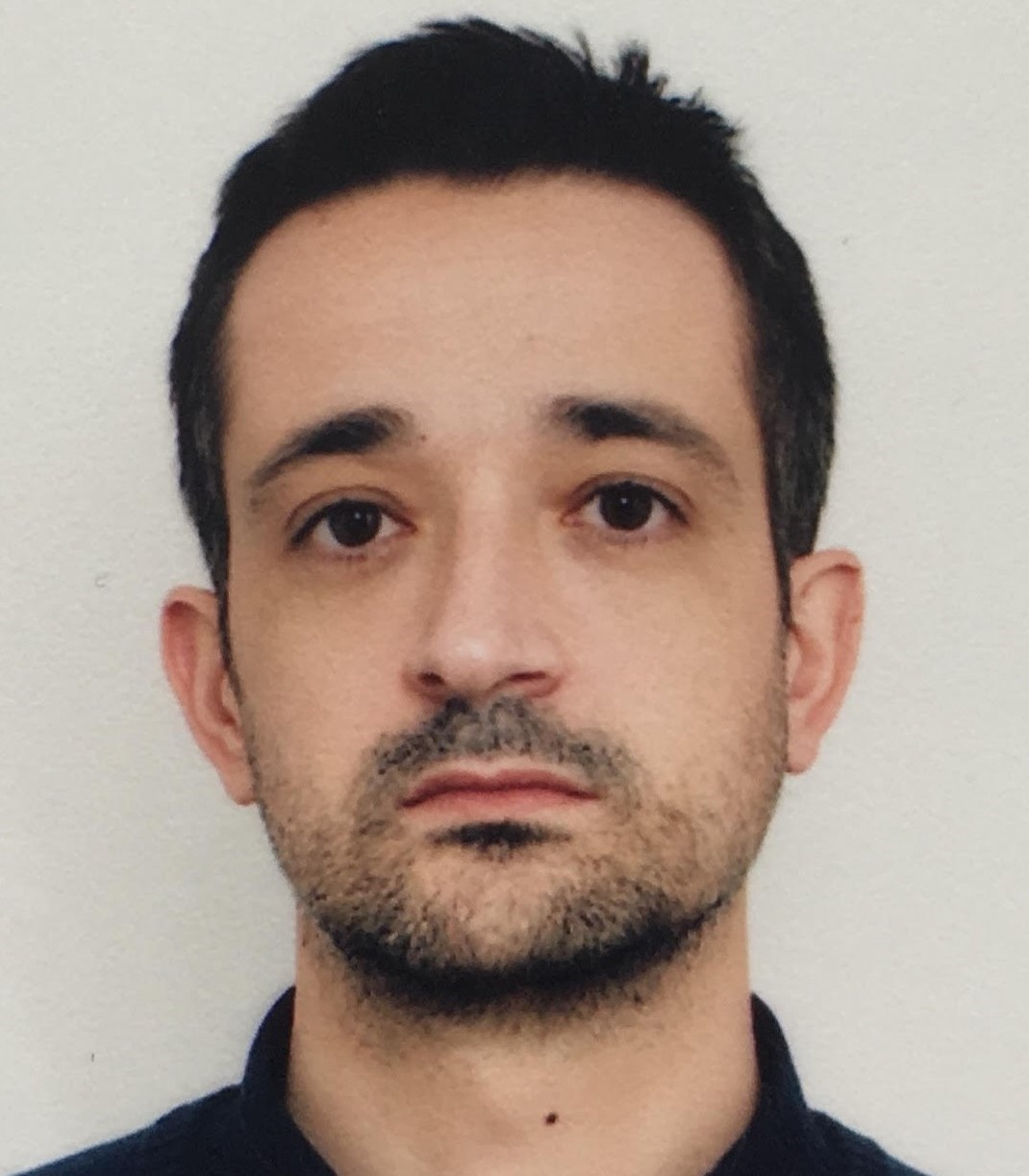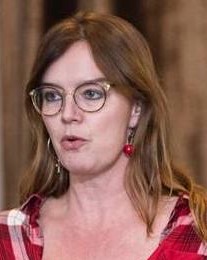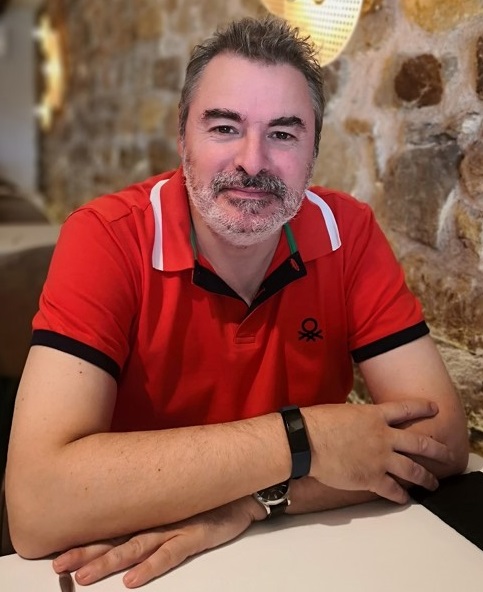Testing for Automatic Repair of Models
Model-based testing (MBT) uses models for different testing
activities, such as test case generation. However, often models are
incomplete, wrong, or outdated, and so they do not precisely represent
the reference implementation acting as oracle. In these cases, models
need to be updated in order to be used for MBT. Testing approaches can
easily spot differences between the model and the oracle; however, it
remains the problem of how to modify the model to align it with the
oracle. This talk presents approaches that solve this problem by
combining testing with automatic repair, using either mutation or
abstraction as a means for repair. Target notations of these
approaches are variability models, regular expressions, and timed
automata.

